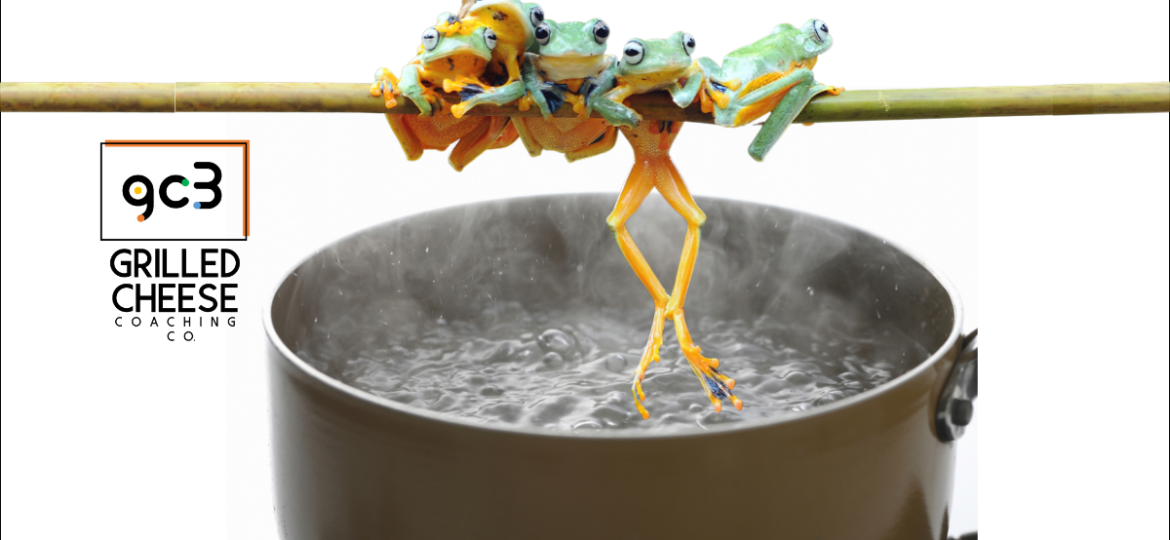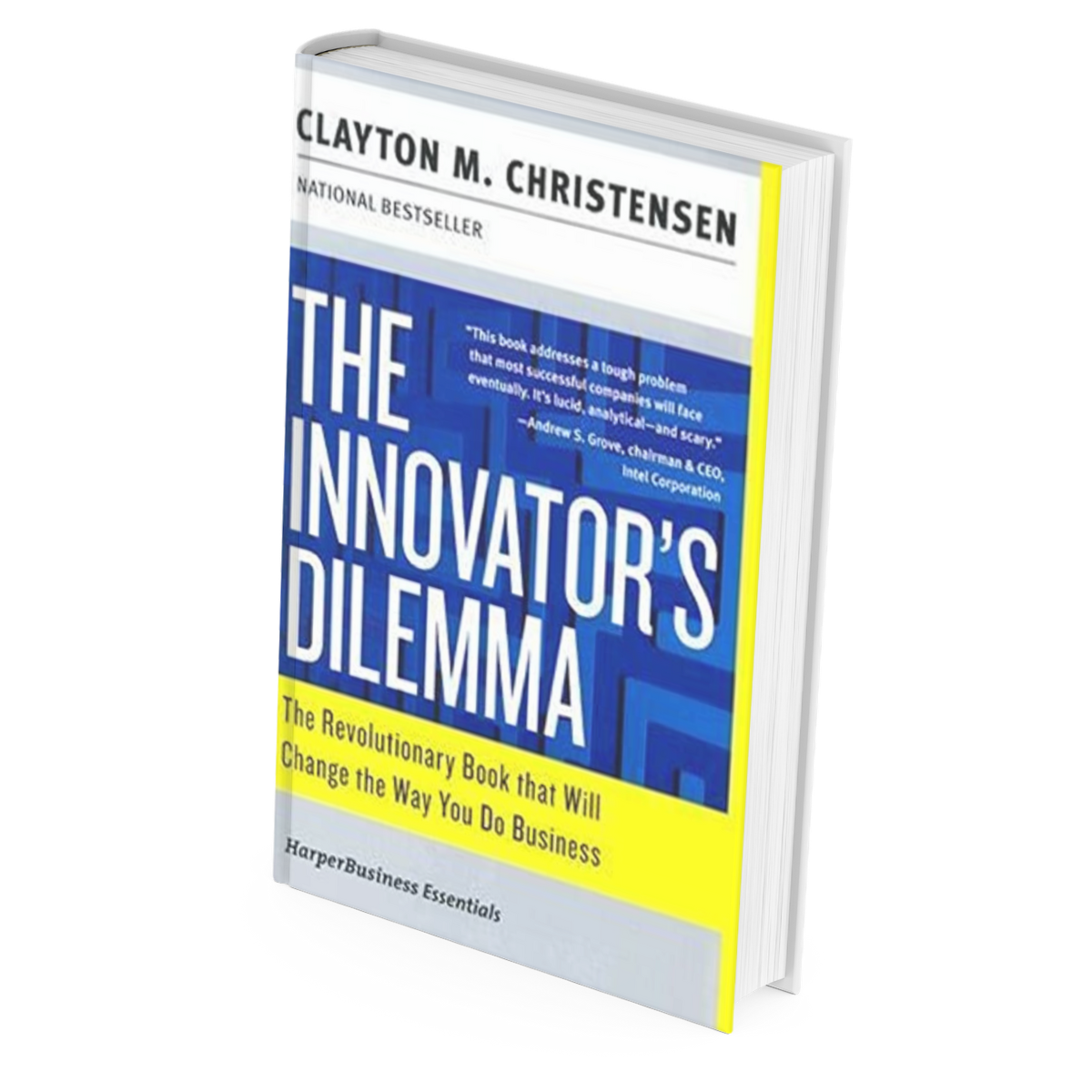
“The hot water that softens a carrot will harden an egg.” ~ Clayton Christensen
“…or boil a frog” ~ Anon.
The music industry has experienced a huge amount of disruptive innovation over the past 100 years. With the introduction of the vinyl Long Player (lovingly referred to as the LP thereafter) by RCA in 1931, followed by a two-channel stereo from Bell Labs in 1937, the foundations of high-fidelity sound were laid. Fast forward, as you could on the Philips Compact Cassette Tape, introduced in 1963, all the way to the Compact Disc (1982) and you arrive at what most of us might start to recognize as ‘modern’ music distribution. The CD introduced digital music to the world, and when the MP3 music compression standard arrived in 1995, it cleared the path for innovations like Napster, then iTunes, Spotify, and their many friends, the long tail of which we continue to experience to this day. The forces that shape the path of innovation in any industry can be fascinating to study, and Clayton Christensen, the founding father of the term “Disruptive Innovation,” approached them very much as Darwin did the idea of evolution. In the case of music, early innovations focused on improving quality. As the pinnacle of “high fidelity” (HiFi) sound was achieved (the idea that the sound being reproduced is virtually identical to the original) however, the focus then shifted towards accessibility and convenience. Each step in the journey from the CD to today has clearly led to a huge increase in the accessibility of music – with Spotify giving you instant access to literally millions of songs and artists. But interestingly, each step has also led to a drop in performance. The MP3 is what’s known as a lossy compression format – it makes the size of the audio file smaller, but in so doing it loses some of the information. Add to that the limits the audio-streaming services place on the files to allow streaming over lower bandwidths and, if you’re listening on Spotify today, you’re actually only hearing about 1/3 of the original sound. Definitely not HiFi! I’m sure you have ‘audiophile’ friends (or maybe you are one yourself?) who have refused to let go of the Vinyl and CD era – those people that have been saying all along that the quality is what matters. And to be fair, when you compare a pristine Vinyl LP to the Spotify equivalent, it is quite shocking to hear the difference. Like the “Slow Boiling Frog” metaphor of not noticing when you’re getting cooked, many of us have not noticed that we’re progressively losing sound quality. As more people are waking up to it, however, the innovation trajectory is swinging back towards quality again. Services like Tidal, Deezer, and Amazon Music have all recently started to offer ‘Hi Fi’ quality streaming (at a price!), and the resurgence of the Vinyl industry is not just about nostalgia. We’ll probably get to have it all soon enough (Digital Vinyl, anyone?), but for some, it’s taken 30 years to get back to where we started. Innovations impact every part of our lives, and while they can often be very compelling, it’s always worth considering what we’re leaving behind if we take that path. What we value can sometimes be compromised one tiny step at a time, each so small that we don’t even see (or hear!) it happening. But those steps can add up to big changes if we don’t notice, so it’s worth taking stock now and again to see if we’ve strayed from our own path. In other words, if you are going to slow-boil that frog, make sure you’re doing it consciously. |
This week’s inquiry…
Where in your life are you slow-boiling your frogs?
Dive Deeper…
Too often, we measure success in life against the progress we make in our careers. But how can we ensure we’re not straying from our values as humans along the way? Clayton Christensen, Harvard Business School professor and world-renowned innovation guru, examines the daily decisions that define our lives and encourages all of us to think about what is truly important.
This book changed the business landscape forever, describing the forces of innovation that drive progress and disrupt industries. As Darwin was to evolution, so Clay was to innovation. You will see the world differently after reading this book


